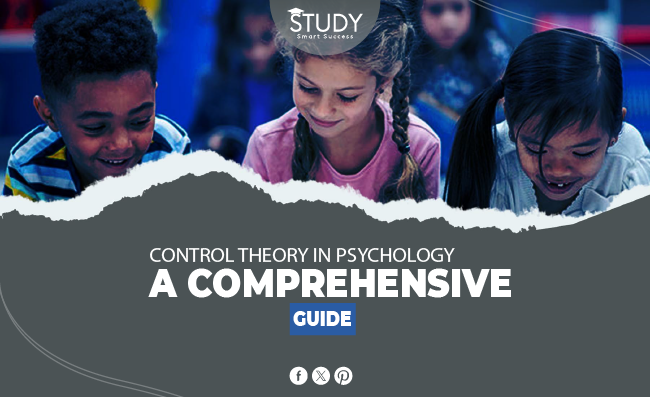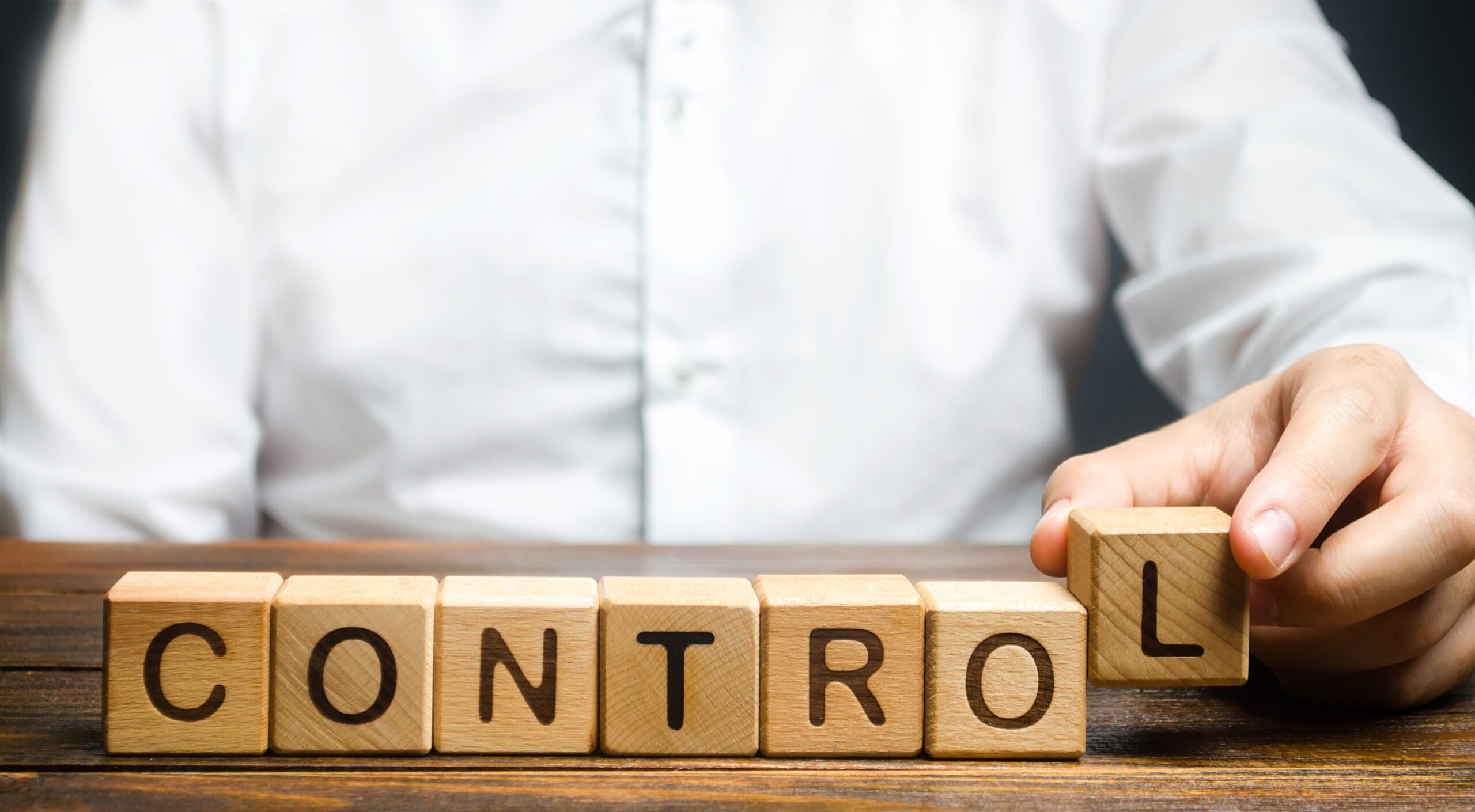Control theory is an intriguing perspective on how individuals regulate their behavior and emotions to attain their psychological goals. This detailed guide on control theory in psychology is for enthusiasts, students, and researchers interested in this fascinating topic. This investigation aims to illuminate self-regulation and goal-oriented behavior processes within control theory’s core concepts.
Introduction to Control Theory in Psychology
Control theory in psychology is based on feedback loops and their importance for controlling and changing behavior. Engineering and cybernetics inspired the notion used in psychology to explore how people utilize environmental feedback to attain goals and solve issues.
The Mechanisms of Control Theory
The control loop system, which comprises four essential parts, is the basis of control theory.
- Set Point: The desired state or goal an individual aims to achieve.
- Comparator: The process of evaluating the current state against the set point.
- Output: Behaviors or actions taken to correct any deviation from the set point.
- Feedback: Information from the environment regarding the effectiveness of the production or action.
People might cycle between these stages to adjust to changing external and psychological events to remain on course.
Applications of Control Theory in Psychological Contexts
Goal Setting and Achievement
Control theory is a vital way to think about the mental processes that help people set and reach their goals. It says success must be constantly tracked for goal-directed behavior to work, and tactics must be changed based on input. This understanding is beneficial for increasing drive and sticking with long-term goals.
Emotional Regulation
Emotional management is another critical control theory application. People use evaluation and denial to reconcile their feelings with their goals. This perspective impacts mental health therapy.
Stress and Coping
Control theory also changes how we view and manage stress. It reveals that pressure control affects stress response and coping mechanisms. Learning how stress management and control affect each other can boost resilience and health.
Self-Discipline and Habit Formation
One exciting aspect of control theory is its relationship to self-discipline and habit formation. According to control theory, habits are formed through repeated rounds of the control loop. A particular behavior always results in a desired outcome, strengthening the behavior until it becomes automatic.
From this point of view, self-discipline means setting reasonable goals (set points) and consistently watching and changing your behavior (output) based on input. This process is essential for making good habits and eliminating bad ones, which helps with long-term personal growth and change.
Educational Settings and Learning Processes
Control theory is helpful in education because it helps teachers assist students in controlling their learning. It states that successful students create clear learning goals, correctly assess their comprehension (comparator), and adjust their study habits (output) depending on feedback (such as grades or teacher remarks).
This approach can be used to create teaching and learning methods and techniques that help students become better at self-regulating their learning. This leads to better academic results and a more profound interest in the studied subject.
More research into these and other control theory uses will continue to give us valuable ideas and instruments for comprehending and improving human behavior and psychological toughness in different situations.
Challenges and Criticisms
The theory of control has some problems, but it’s an excellent way to understand how emotions and actions are controlled. Some people disagree with the theory, saying that it might oversimplify how complicated psychology is and how mental processes can affect us. Also, whether control theory can be used in different cultural settings is still being researched and debated.
Future Directions in Control Theory Research
There is still a lot to learn about control theory in psychology. There are interesting new ways that study could go in the future to help us learn more about human behavior and improve healing and educational approaches. Using technology and AI together to track and improve processes that change behavior is an area that shows a lot of promise.
Intelligent tech and mobile apps could make real-time input possible, making the control loop more instant and tailored to each person.
An interdisciplinary study that brings together ideas from neuroscience, psychology, and the social sciences could also help us understand how control mechanisms work in the brain and how social situations can change how well self-regulation techniques work.
Looking into these options will help us learn more about control theory and open the door to new uses in mental health, education, and other areas, giving people more control over their lives.
The Future of Control Theory in Psychology
As psychology studies and neuroscientific methods improve, we may learn more about control theory. Research into how management works in the brain and how the theory can be used in different cultures and groups will likely lead to new ideas and make it more useful.
Enhancing Personal Development Through Control Theory
Control theory has significant implications for personal growth. It allows us to become more self-aware, reach our goals, and understand our emotions. Using the ideas in control theory can help people develop a growth attitude, make better decisions, and deal with life’s difficulties.
Control Theory in Organizational Behavior
Understanding leadership, drive, and team relations are a few ways control theory can help organizational behavior. It helps us understand how objectives, comments, and adjustments affect a company’s performance and employee satisfaction, improving management.
The Role of Control Theory in Health and Wellness
Control theory may help us modify our behaviors, create healthy habits, and cope with chronic illness’ mental elements. This highlights how vital self-regulation is for a happy life and stress management, which are part of whole-person recovery.
Technological Innovations and Control Theory
Applied psychology can go in new directions now that technology and control theory are coming together. Technology can make control theory-based treatments more available and attractive to a bigger audience, making them more successful. Examples include digital therapy and using games to help people change their behavior.
Environmental and Societal Implications of Control Theory
Lastly, control theory helps study social behavior and the study of the world. It can help people and groups learn how to manage their effects on the environment better, encourage sustainable habits, and work together to reach global sustainability goals.
Conclusion
Behavior and mood regulation processes may be broken down using control theory in psychology. This lesson explains human psychology’s control dynamics foundations, applications, and limits for psychology fans, students, and specialists.
We are still learning about and using control theory, but it promises to improve mental health and help people reach their goals. This suggests the need for further study and practice in the future.
Control theory may influence psychology because it emphasizes feedback loops, set points, and behavioral changes. The theories in control theory may help you achieve your goals and understand human behavior. Hospitals, schools, and personal improvement programs benefit from these principles.



